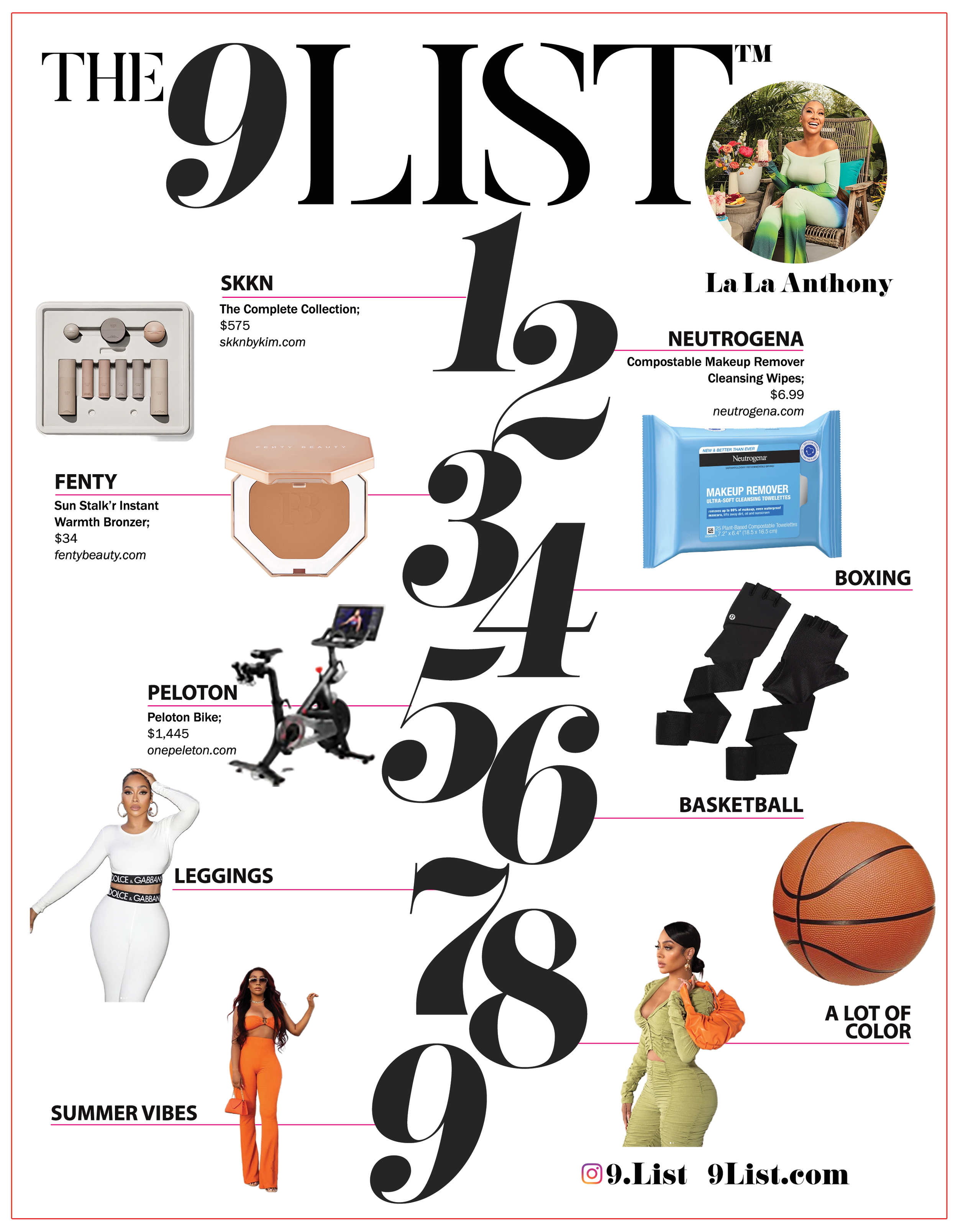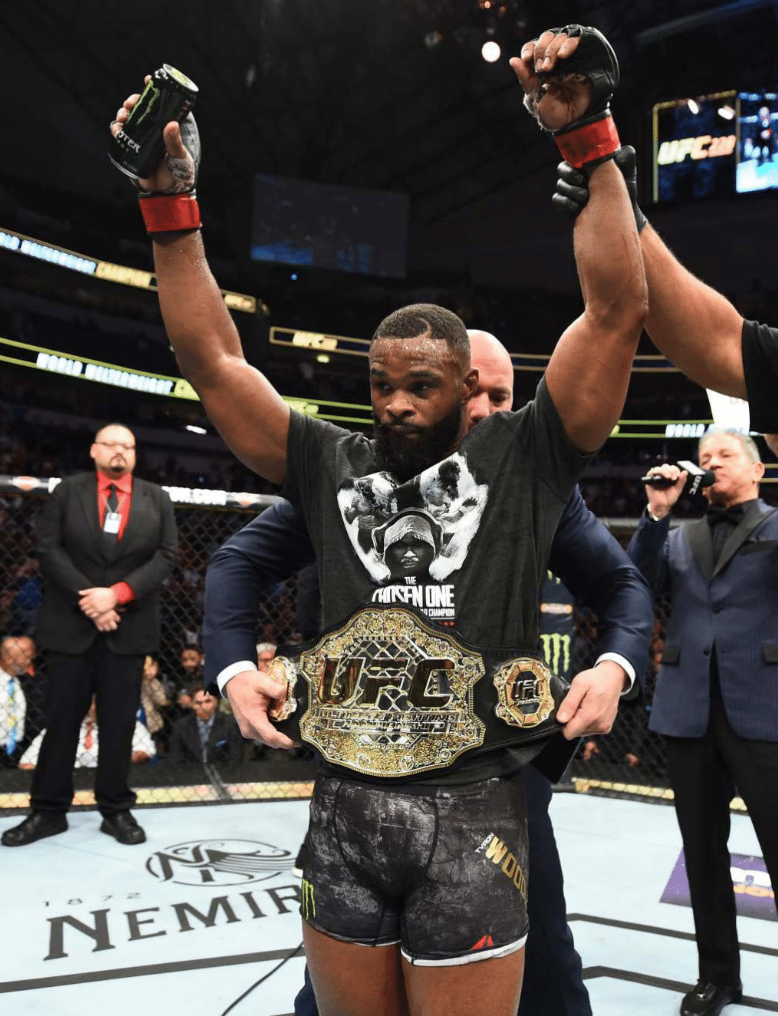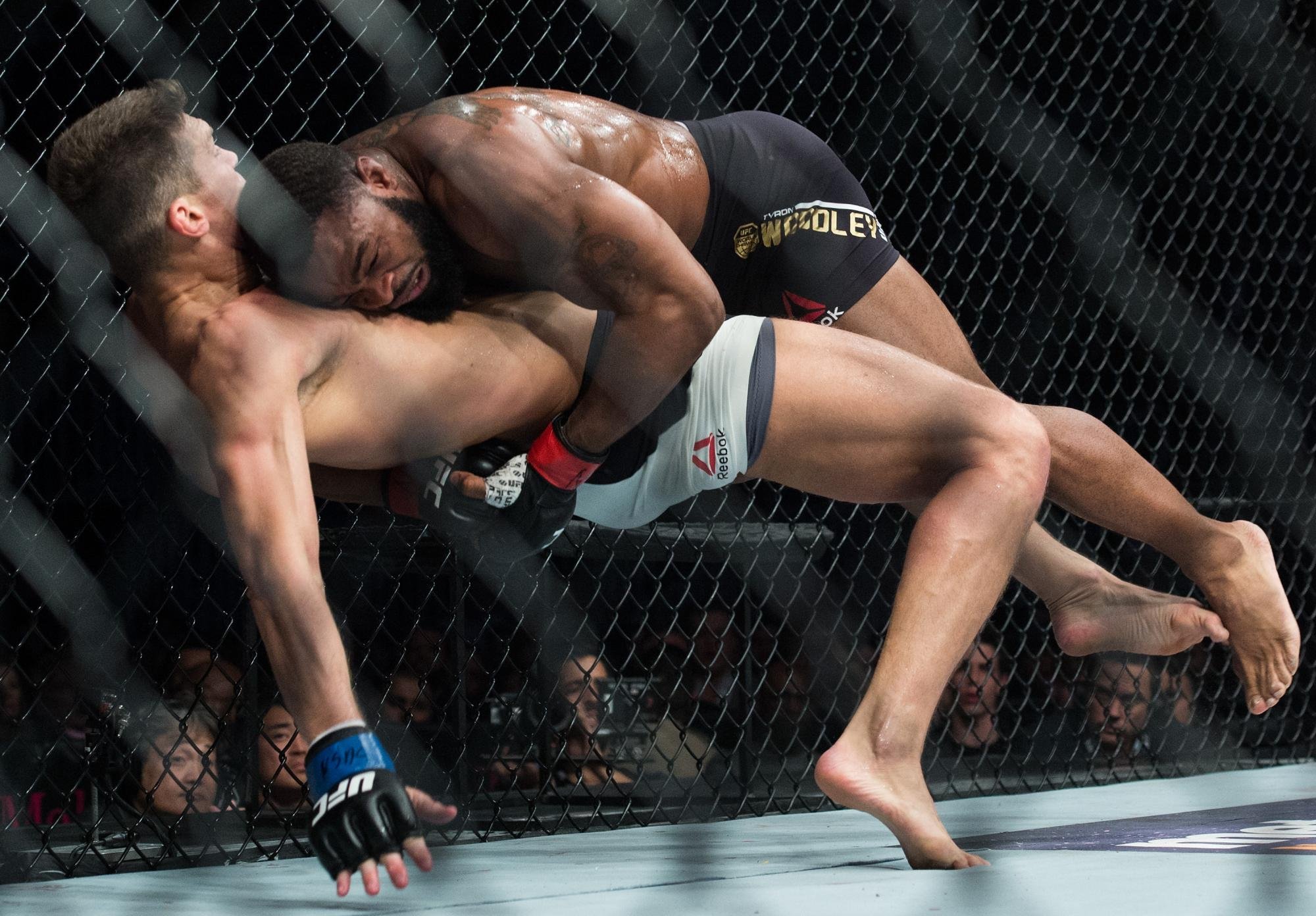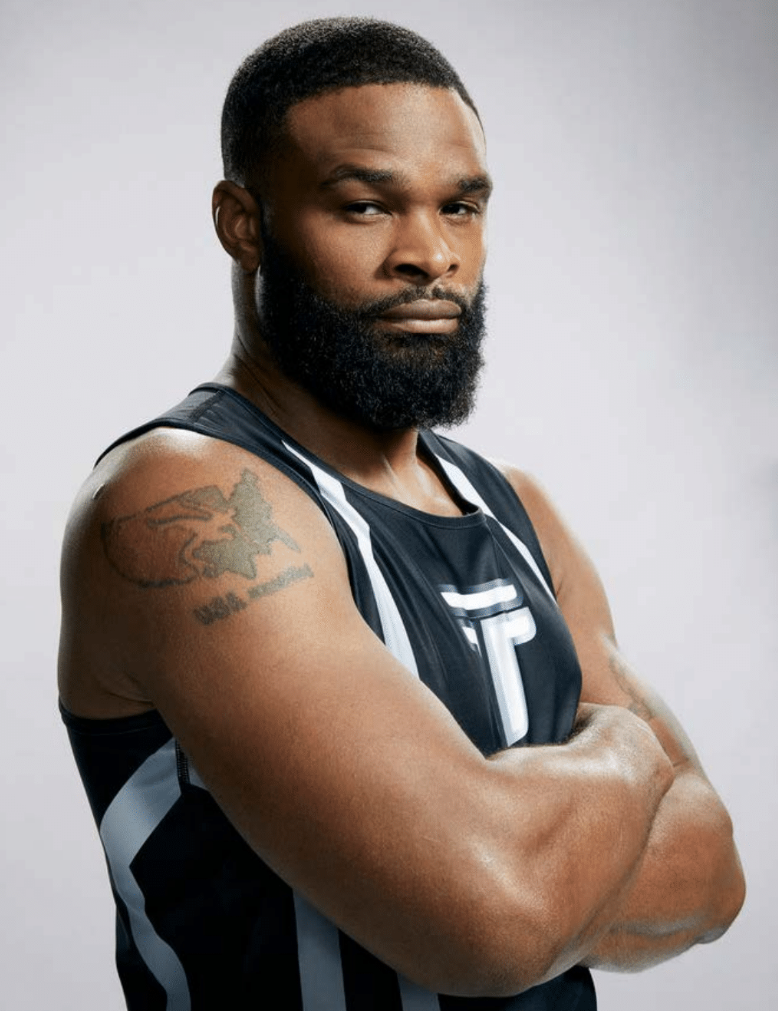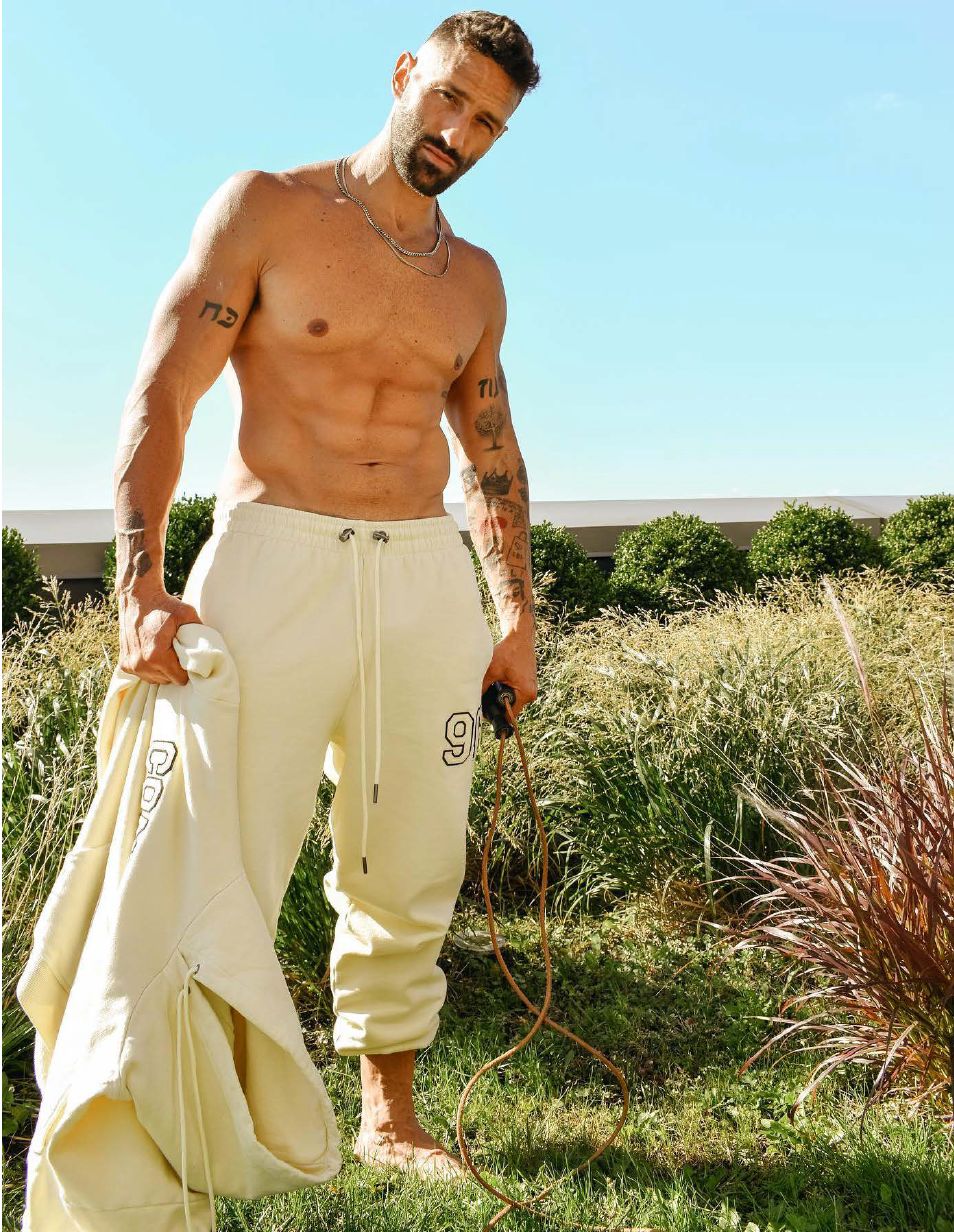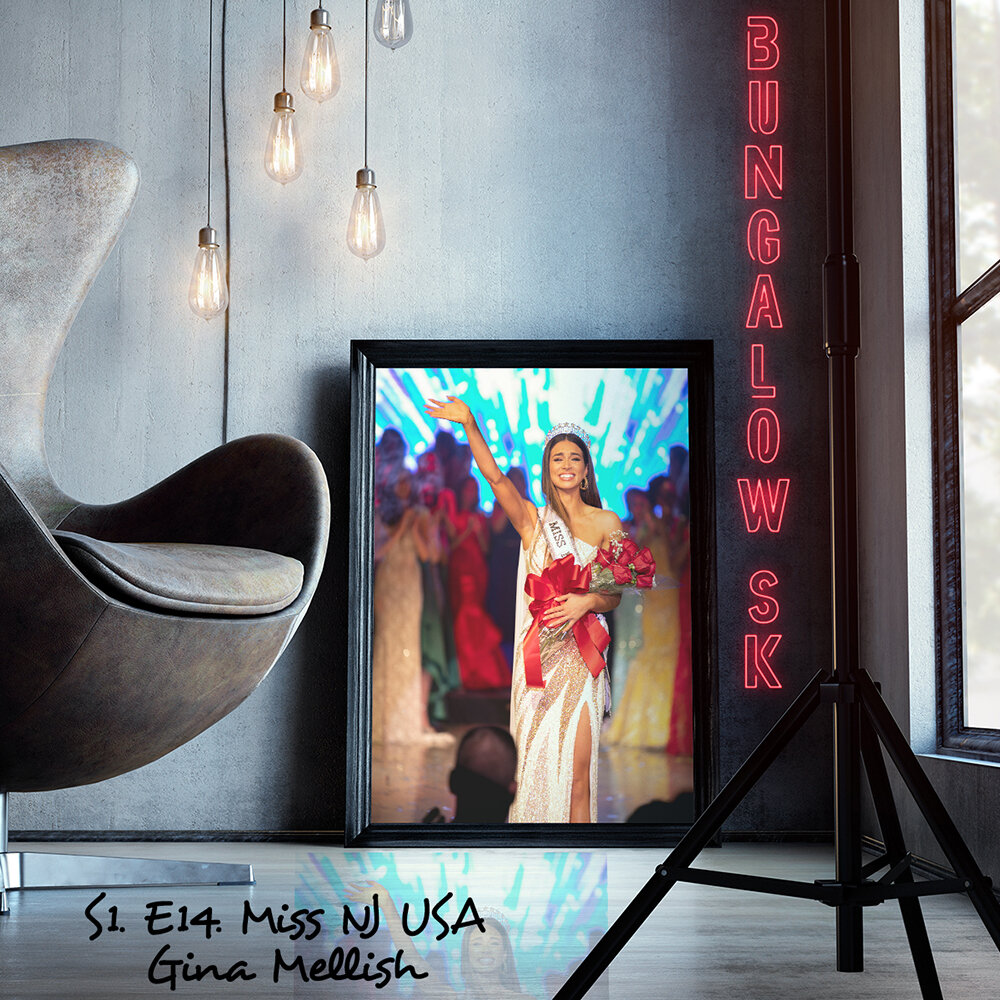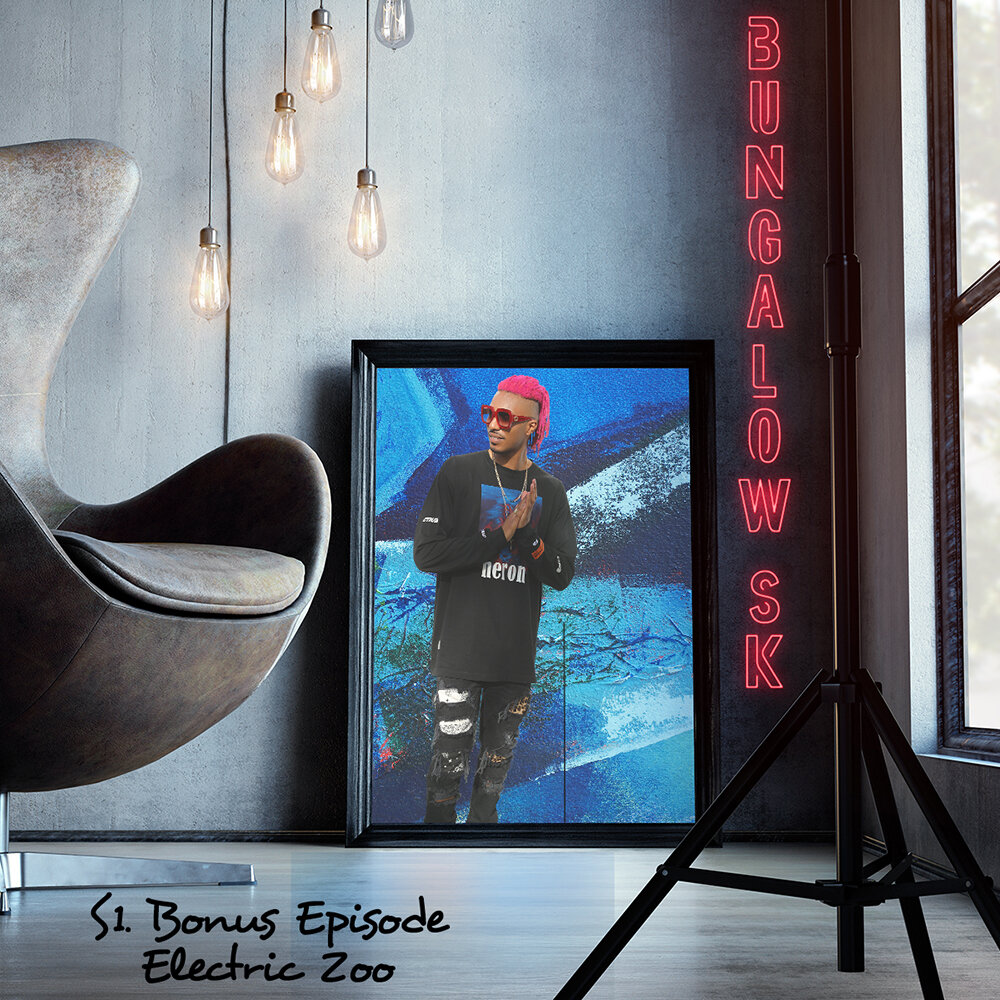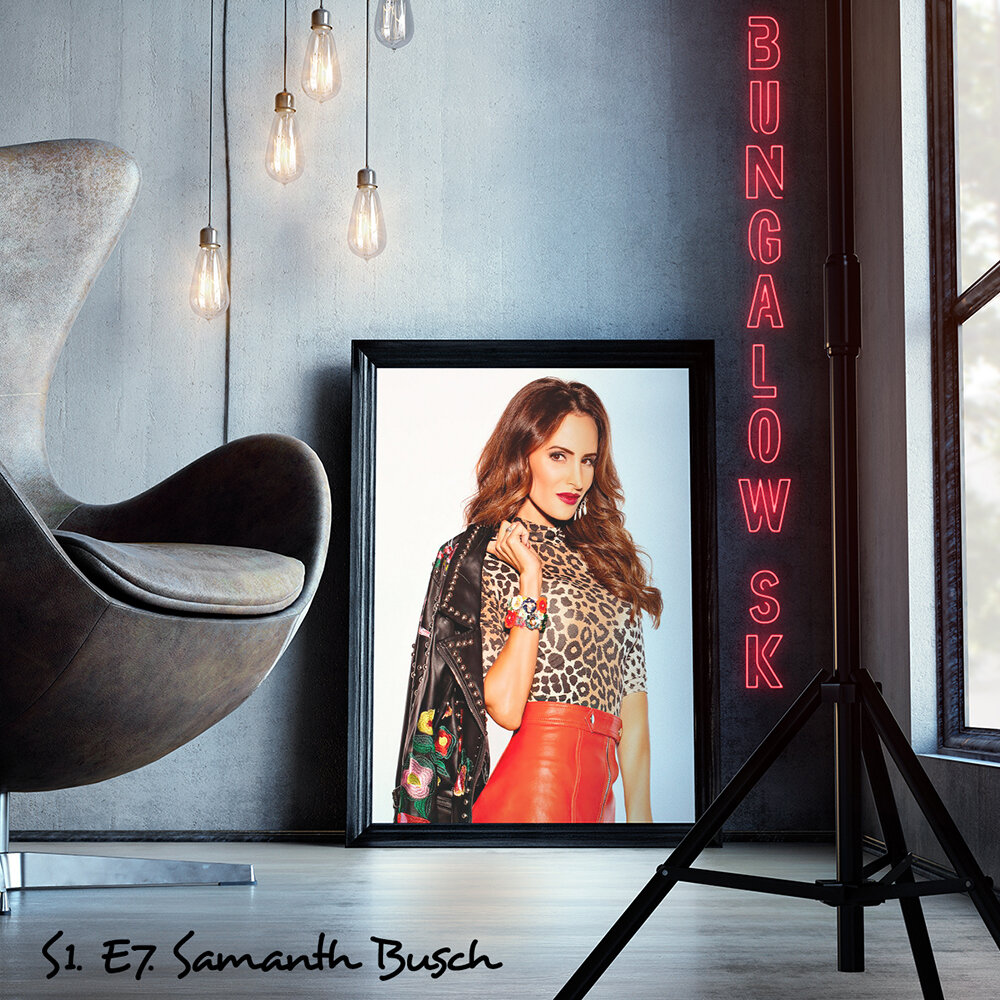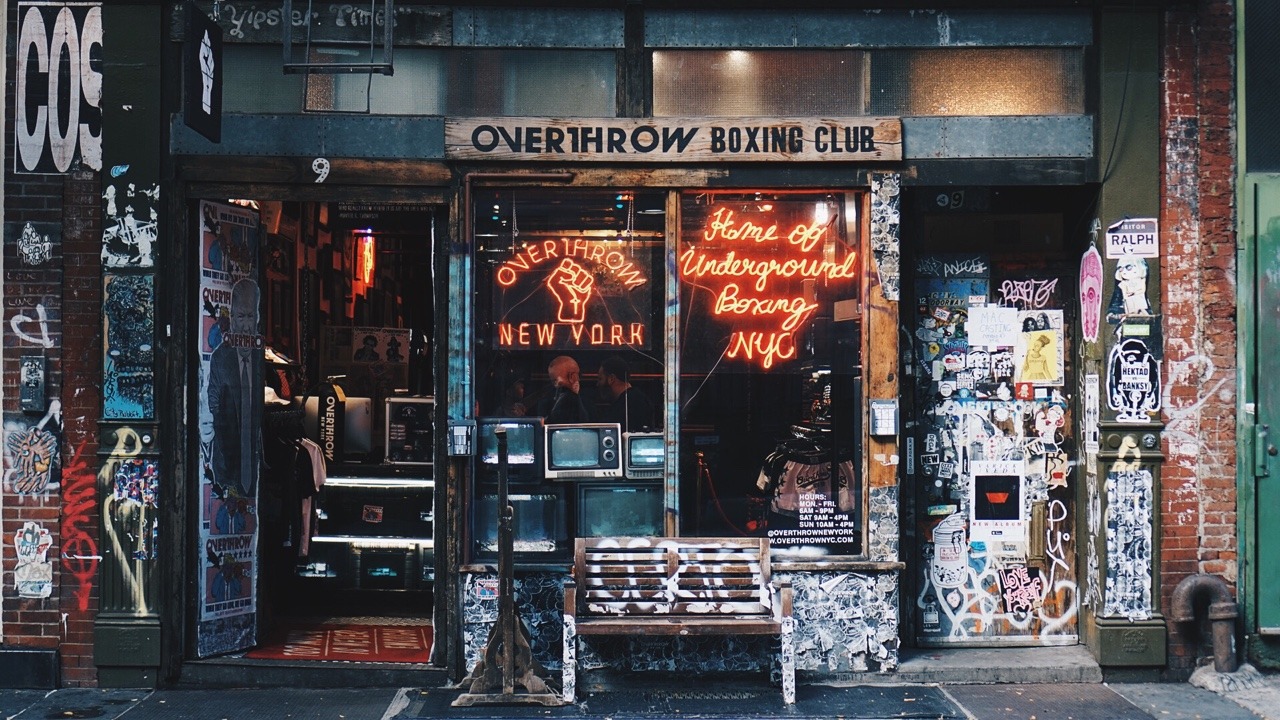Last month Day of the Fight was released into theaters. It tells the story of Irish Mike as he prepares for his fight at Madison Square Garden. As we lead up to this big event, we also get to see the people, places, and things that make up his life. With an incredible cast that includes Michael C Pitt (Boardwalk Empire, Asphalt City, Reptile), Ron Perlman (Hellboy franchise, Sons of Anarchy, StartUp), Joe Pesci (Goodfellas, Casino, The Irishman), and Steve Buscemi (The Sopranos, Fargo, Boardwalk Empire) to name a few - we're drawn into his world as well as the decisions that he makes.
We had the pleasure to sit down with Jack Huston (Boardwalk Empire, Expats, House of Gucci), writer, producer and making his directorial debut along with lead actor, Michael to talk about this film, how it came to be, moments that they enjoyed, the takeaway that they want others to have from it, and the power of cinema.
ATHLEISURE MAG: We watched this movie last night and we’re boxing fans. So we were already excited to see the movie. It was even better that it was not the traditional and formulaic boxing film that we are used to seeing! Before we delve into the movie, Jack you wrote, directed, and produced it. What led you to creating this film? Michael, what made you want to be part of this film?
JACK HUSTON: I had the great opportunity to work with Michael many years ago on Boardwalk Empire.
AM: Which was an amazing series!
JH: Thank you! I always had memories of Michael punching sandbags and going off to the boxing gym. So maybe, I had him there in my head. But I also had the memories of just how much I loved working with Michael just him being such a beautiful actor and he has always elevated any season that he was in. Somebody who just conveys so much through his eyes. He has this amazing sense of sensitivity and vulnerability with a hard exterior you know and he could play every part. When I sort of conceived the film, I could not imagine anybody else in the role. It’s amazing where you have these moments where you are literally right there with someone else’s voice in your head. So, I wrote and came up with the idea for the film with Michael in the role and I went to him and said, you’ve got to do this role! He asked me, where’s the script and I was like, well I haven’t written it yet. So we worked and sort of developed it through the years. It was a great fight worth having to get Michael to play this part. I thank God everyday that I got the opportunity to do it with him.
AM: Wow, that’s great to hear. What drew you to the film Michael?
MICHAEL C. PITT: Permission to speak freely?
AM: Of course.
MCP: This film chose me. Jack chose me. My very good friend, my buddy, and my collaborator basically said that he wanted me to do this. He pulled me out of the gutter to play this film. We made it with a lot of love and a lot of heart. We made it to inspire the younger generation and so I hope we do.
AM: It was incredible. The casting was incredible obviously in addition to Michael, Joe Pesci, Steve Buscemi, Ron Perlman -
MCP: Well that’s all Jack! I have no idea how – I mean I used to call him The Prince! I have no idea in hell how he did it!
AM: That part!
MCP: Yeah, how he assembled those older men – they are not the easiest and they are set in their ways.
AM: Haha you are basically asking what we’re trying to say so I thank you for navigating that one! How'd you do that?
MCP: To get them in the room. That was all Jack. All Jack. Thank God we were able to get those guys!
JH: You know, it’s funny. When you write it for certain people, I think that just like Michael said, the film was all heart and it was all love. The two elements or the two characters that were written specifically for the film were Mike and Joe. Joe was – you know, I heard his voice and that’s him singing in the movie. I was developing this character that had dementia and we needed an actor with such a history and almost where their reputation proceeded them the way that they find them in the film, they have to have such a body of work because they are suffering from dementia. Then I heard him sing and I thought, what if he doesn’t speak, but you hear him sing? That’s what brings back the memories because when my grandma when she was suffering from dementia, music would bring her back in the room. She gained that lucidity through that – through music and that’s what sort of happened.
But, getting Joe was landing the white whale because the film wouldn’t have happened. He pretty much secured our financing! I think it was kind of like, “ha ha if you get Joe Pesci, we’ll secure your financing for the movie.” Then we went ahead and got Joe Pesci. Then they were like oh shit, we have to finance the movie. But it was a big gamble and I think again it came down to the collective love of what we were trying to make and a bit of a throwback to the movies that aren’t made like this anymore. It is an homage to that type of picture. It’s all about feeling, all about character, all about the sort of real human struggle and the human condition. The kinds of films like Mike was saying that made us fall in love with cinema and hopefully, it will inspire other people to fall in love with cinema all over again.
AM: What did you draw from, Mike in terms of your character and how did you approach playing him?
MCP: Oh, that’s such a difficult question because it was set up – Jack set it up for me to experience this role. So it was a bit like, “ok, I set everything up, you’re trained, and now ding, ding, ding – go out there and do everything and get out into the ring and make me proud.” Basically, that’s how it was set up for me and it’s hard for me to watch, but I do notice that it does make people feel. I do think that that is a very important thing that Jack touches on. It’s really smart to be streetwise, it’s very good to keep your poker face up and to keep your guard on. But you need to feel things. We need to feel things or we’re not human. I hope that people have the courage to feel when they are watching the film.
AM: There were so many themes that we enjoyed when watching the film: redemption, resilience, fortitude, and even being able to establish things in the future that you know will not be yours to enjoy; however, you have created the fingerprint for that to happen. Of course, the whole past, present, future of everything that is going on in the film is just really great. What stuck out for you as moments in the film that you really enjoyed?
JH: God, there’s so much! You know what? It’s wonderful when you’re able to step back and say, this role is yours. Run, enjoy, feel it, and experience it. Witnessing the actors coming together and what was made, the writing was elevated to such an extent, but that is exactly again, going to the beauty of relationships. I have to say that I think that what Michael and a lot of our actors did is that they gave very honest performances. There’s a lot of truth in them and I think that everyone is always talking about forgetting to go to the movies. I always say that I like to remember things and I like to feel that scene in my heart and gut and I want to wake up thinking about that.
Certain images – I like when everything comes together and that’s usually as a common goal. There are a lot of surprising scenes that on the page read one way, but my God it’s gorgeous to witness 2 lovely actors take it and run with it. You know, it was magic. I spent a lot of time crying when I was looking at the monitors. It was huge moments of gratitude for me.
AM: Michael, was there anything that stuck out with you?
MCP: In the filming? Every single day! Every single day, every single moment. It’s a beautiful memory for me. Listening to Jack talk, you know, I don’t know why I started thinking about when I was a little boy and my mother has 4 kids tugging on her and we’re trying to make ends meet and she would buy $1 movies at Blockbuster. Blockbuster was going out of business and she would buy $1 movies, and I would just sit in front of all of these movies and I never saw a bad movie, I never saw a movie that I didn’t like.
JH: Yeah, right!
MCP: These films changed people. A film that makes you feel is a film that you see and it changes people. Those were films that changed my whole direction of life!
Every moment of every single day of every single second that I was filming, it was incredible! So people should go see it!
AM: In thinking about the concept of deadlines with the movie literally being the Day of the Fight, you know that you’re seeing everything that is happening or lead up to the day of the fight, but you also understand that there is this health condition that is going on so if he does box, this could be another timeline that takes place. What was the thought behind running these multiple timelines as well as the past, present, future, aspect as well?
MCP: Jack, you mentioned this wonderful quote by Hitchcock (Psycho, Rear Window, The Birds) and I think it’s so great that you need to say it.
JH: Yeah, Hitchcock did an early - well before I say that, in this film initially, you didn’t find out about his medical condition in this script until the fight and when he gets knocked down. Then you put things together and realize why this day has been like this.
It’s funny because when I was in the edit, I used an old Hitchcock quote which is, “2 people sitting at a table having a conversation and that’s one thing. You put a bomb under the table, the conversation becomes very different.”
MCP: So his condition is the bomb.
AM: Right.
JH: His condition is the bomb, but the audience –
MCP: Which is brilliant.
JH: It’s good for the audience to know that because every single one of those scenes where you know it’s a ticking bomb makes that scene all the more weighty because it’s possibly the last time that he is seeing any of these people. So you’re on this journey that only Irish Mike knows about!
MCP: From a writing standpoint, it’s a really brilliant thing for people to hear.
JH: Yeah.
MCP: It sets and puts the tension in every scene.
JH: Every scene!
MCP: It puts the motivation in every scene, every character, and so his condition is the bomb under the table during the conversation.
JH: And you know that, so it’s even better when you’re watching it for the second time. Even though you know it when you're watching it for the first time, it works great for the second time as it is really set in. A lot of people have come to multiple screenings and they have told me that they are so happy that they got to see it again. They gained so much more from the second viewing. I love films that you can watch over and over again! I think that this is a film that you can watch a bunch of times.
AM: Our thoughts exactly as we want to watch it again. Even when watching it last night in preparation for today’s discussion, it was incredible. We love a film that is in black and white. There was nothing to not love about this film. In an additional viewing, it will be great to see more of the little things that maybe weren’t seen the first time! Just from top to bottom, it was a great watch! Then to be able to see it and talk with both of you about this has been really amazing!
MCP: Ditto! Ditto! It’s really nice to talk to you as well.
AM: So great chatting with you and I hope that it gets all of the awards it deserves because it’s so great!
JH: You’re so sweet! Please go yell that at the rafters as we need people to come and support this movie!
AM: 100%
JH: We love you for it!
PHOTOGRAPHY CREDITS | Front/Back Cover, PG 16 - 27 + 30 - 43 Day of the Fight/Jeong Park | PG 28 Day of the Fight/Peter Simsonite |
Read the DEC ISSUE #108 of Athleisure Mag and see FIGHT FOR WHAT YOU LOVE | Jack Huston + Michael C. Pitt in mag.




















